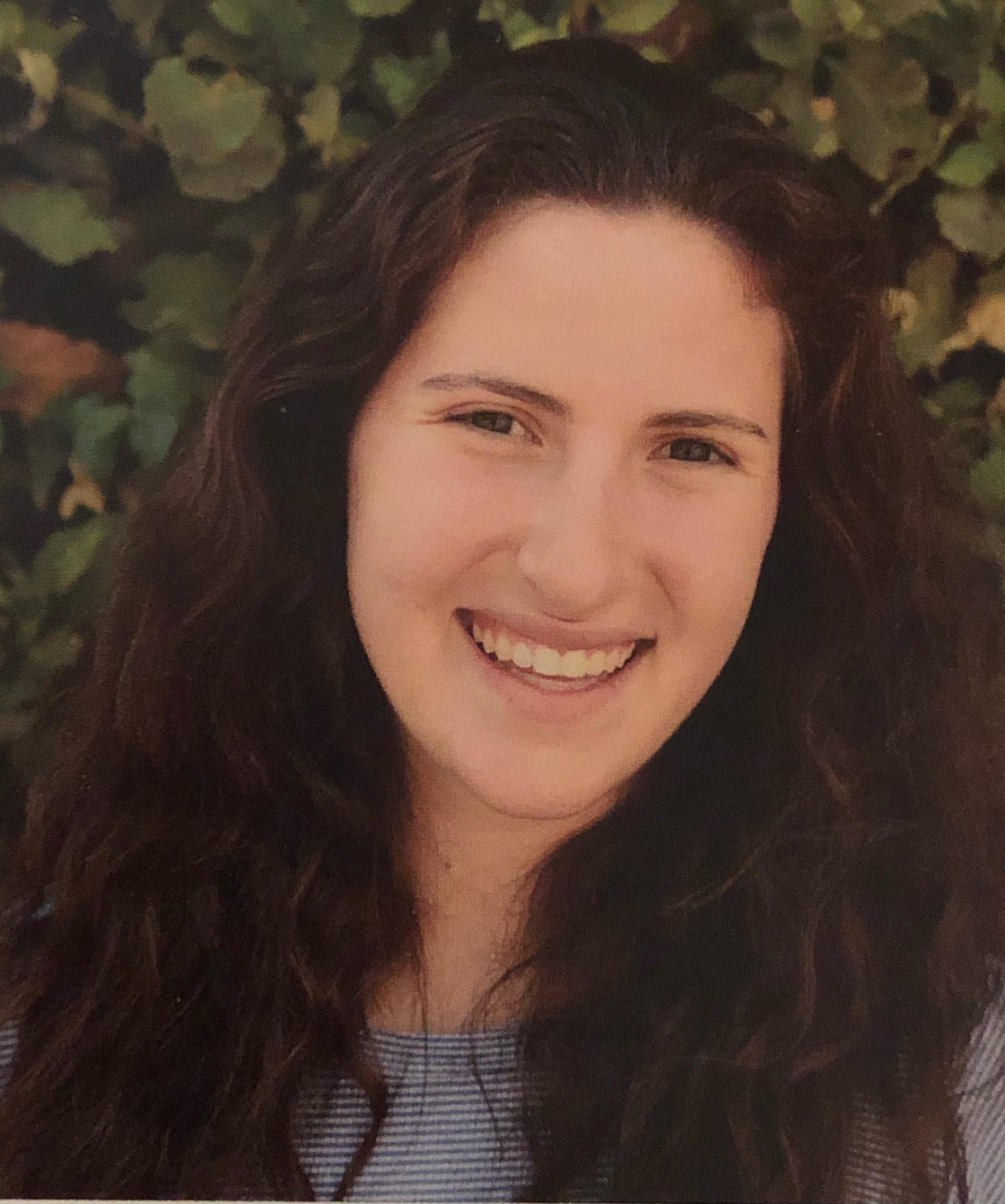Israeli medical schools will be closed to new foreign students starting in the fall of 2023, the government announced earlier this month. International students who have already begun or been admitted to their programs will be allowed to complete them, meaning the last batch of international students will graduate in 2026.
The ban was implemented by the Council for Higher Education to address a growing shortage of doctors working in Israel. Currently, 900 Israelis are admitted to domestic medical schools each year, although the Health Ministry is planning to increase it to 1,200. To make up for the discrepancy between domestic medical students and the number of doctors the country needs, hundreds of others travel abroad, mostly to Europe, to earn their medical degrees.
Three schools—Tel Aviv University, Ben-Gurion University of the Negev and Technion-Israel Institute of Technology—offer spots to around 130 foreign students each year, most of them from the United States and Canada. The majority of these students do not continue practicing medicine in Israel.
In 2021 almost 1,000 Israelis received their medical licences after studying in other countries, while fewer than 800 received them in Israel, according to the Jerusalem Post.
The decision is controversial within Israel, and even for those who were closely involved in the decision-making process. Prof. Rafael Beyar, former director of Haifa’s Rambam Medical Center and former dean of Technion’s medical school, led the Council for Higher Education’s committee that investigated ways to increase the number of domestic medical students who remain in Israel.
He told the Times of Israel that he is opposed to the council’s decision to bar foreign students, and also wrote the council a letter sharing his criticism.
The committee “put forward a detailed plan for how to accept 400 additional medical students for four-year programs. There was no need to close the foreign programs in order to accept those additional 400 [students],” he said.
Yona Grossman, who is from Toronto and graduated from McMaster University, has just started the international medical program at Ben-Gurion University in Beersheba. She said the school’s administrators sat the students down the day after the decision was announced and told them they wouldn’t have to worry. The program would still run the same as it had before, except that starting next year the new students would be Israeli instead of international.
“I understand both sides of it. For us, it was really exciting to come here and learn. It’s a really great opportunity. A lot of people haven’t necessarily been to Israel before and they get to work and live in Israel, they get to see Israel,” Grossman said.
“But I also understand that the country has a priority to its citizens as well, making sure that people stay in Israel and work in Israel.”

The school also told Grossman that the Israeli government would no longer be recognizing degrees from a number of Eastern European medical schools that many Israeli students currently attend. Although Grossman was not made aware of the reason for this decision, she said it could be intertwined with the ban on international students and increase in medical school spots for Israelis.
However, no matter what the thinking was behind the ban on international students, Grossman wonders if there was a better way to solve the problem.
“I think there could have been other paths as well by maybe incentivizing students to stay in Israel after because… a lot of people choose to go and do their residency in the United States. But maybe if there were greater incentives to practice in Israel after, like reduction in tuition or financial incentives in residency, that would bring more doctors,” Grossman said.
“I don’t know if this was the best solution, or if this was more of a reactionary solution on the part of the government, seeing the lack of doctors who are able to practice here.”
The schools that currently admit international medical students are not happy to shutter those programs, but understand the rationale.
“This decision was made by the Council for Higher Education (CHE) and the Health and Finance Ministries in Israel. Clearly many Canadian students have benefited greatly from medical education at Israeli universities,” Ben-Gurion University Canada CEO Mark Mendelson said in an emailed statement.
“Unfortunately, the growing shortage in Israeli physicians necessitated this difficult decision to ensure the future of the Israeli health system.”









